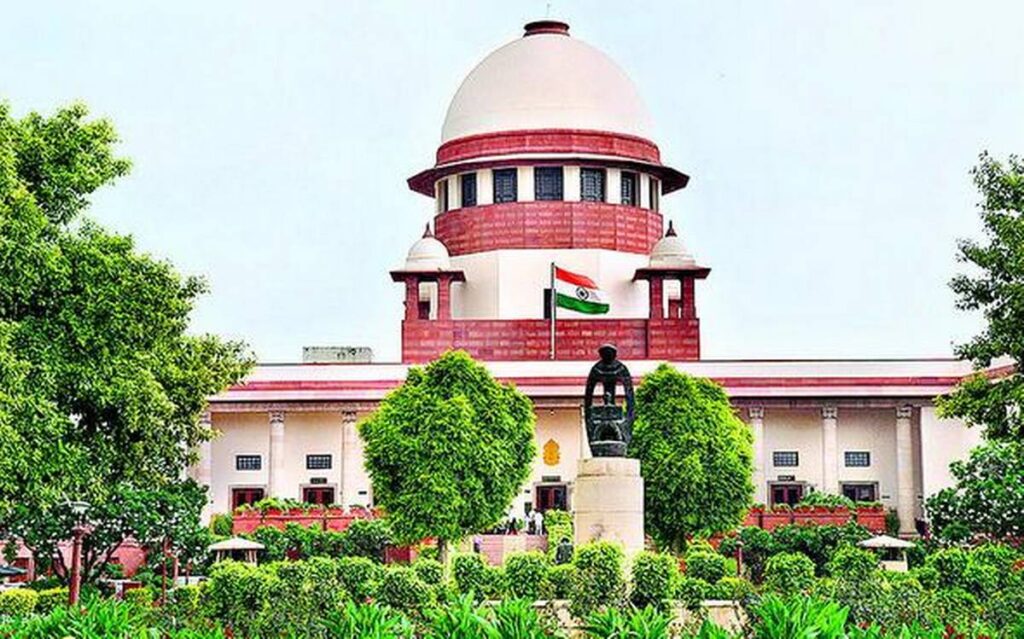Introduction: The role of judges and magistrates in the administration of justice is crucial, and their decisions can have a significant impact on people’s lives. The Supreme Court’s recent observation that magistrates should undergo judicial training if they unnecessarily send people to custody highlights the need for judges to have the knowledge and skills to make informed decisions. This article will discuss the importance of judicial training and why it is essential for magistrates and judges to receive such training.

Importance of Judicial Training: Judges and magistrates must make fair and just decisions based on evidence and the law. To do so, they need to have a deep understanding of legal principles and procedures. However, the legal system is complex, and laws can change rapidly, making it challenging for judges to keep up with the latest developments. Judicial training provides judges with the knowledge and skills they need to navigate the legal system effectively and make informed decisions.
Judicial training covers a wide range of topics, such as legal principles, evidence, and court procedures. It also provides judges with training on soft skills such as communication, mediation, and negotiation. These skills are essential for judges to build rapport with litigants and lawyers and resolve disputes in a fair and just manner.
Importance of Discretion: Judges and magistrates have the power to send people to custody, and this power must be exercised judiciously. The decision to send someone to custody is a serious one that can have significant consequences for the person and their family. It is essential that judges consider all relevant factors before making such an order, including the severity of the crime, the likelihood of the accused fleeing, and the possibility of the accused interfering with witnesses or tampering with evidence.
Judicial training emphasizes the importance of discretion and teaches judges to make decisions based on evidence and the law rather than personal bias or prejudice. It also teaches judges to weigh the relevant factors and make a decision that is fair and just for all parties involved.
The Concerning Trend in Uttar Pradesh: The Supreme Court noted that orders unnecessarily sending people to custody were most frequently passed by courts in Uttar Pradesh. This is concerning as it suggests that judges in the state may not be receiving the training they need to make informed decisions. The Acting Chief Justice of the Allahabad High Court should be informed of this trend and take appropriate measures to address the issue.
Conclusion: Judicial training is essential for magistrates and judges to make informed decisions that are fair and just. The Supreme Court’s observation that judges should undergo judicial training if they unnecessarily send people to custody highlights the importance of such training. It is essential that judges and magistrates have a deep understanding of legal principles and procedures to navigate the legal system effectively. Judicial training also emphasizes the importance of discretion and teaches judges to make decisions based on evidence and the law. Finally, the concerning trend in Uttar Pradesh underscores the need for judges to receive adequate training to perform their duties effectively.